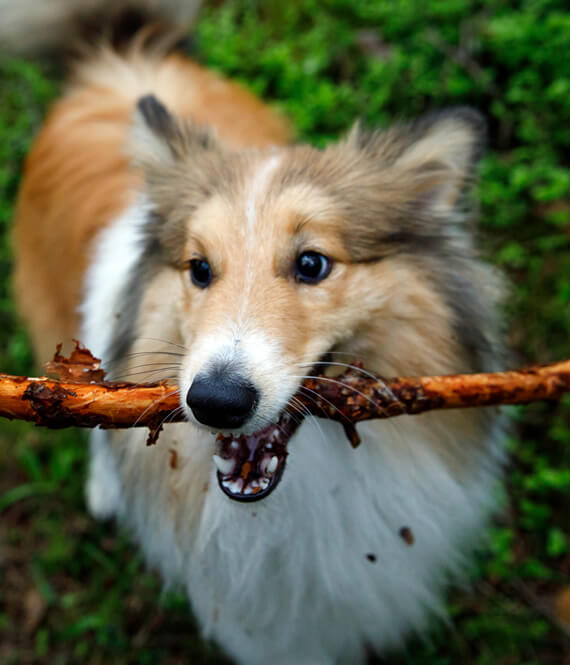
Is Your Puppy Eating Sticks? It Might Be an Odd Sign Of These 6 Conditions
We recommend helpful products in our articles. Read our full disclosure here. The content on this website is not intended to be a substitute for professional advice, diagnosis, or treatment.
“Why is my puppy eating sticks all the time?
Is it dangerous?”
Constant stick eating is an actual situation every dog owner has to face.
And, it is not explicitly only about sticks but every other object the pet grabs onto.
Rocks, plastic, pipes, and grass – you name it – and your dog tries to catch them.
Irrespective of best intentions, as a dog owner, you may sometimes spend more than 25% of your time shouting at your dog so that they drop whatever they have in its mouth.
And while it is a typical occurrence, it may be dangerous for your dog when they develop this habit.
Stick eating is a typical issue
Stick eating is a typical issue. Multiple things can trigger your dog to go into the garden and grab onto the sticks; these may be their hunger, boredom, or sometimes even medical problems.
Please do not allow your pet to chew on the stick! Although it is an expected behavior, if you notice your puppy eating sticks, do not allow it.
Sticks may be harmful to your dog in multiple ways.
The injuries may sometimes be very severe, and in most instances, these are expensive to handle.
Is your puppy eating sticks due to a medical condition?
If you see your dog hovering in the backyard with a stick in their mouth, it may signal that something is wrong.
First and foremost, you need to rule out the medical causes.
While stick eating is a typical behavior, it is also an odd symptom of medical problems.
It may be because of underlying medical conditions that can cause calorie deficiency, and other conditions requiring your constant attention.
Note: If your puppy eats sticks, your vet can help you out.
Remember that compulsive eating of foreign objects is not easy to handle.
These are dangerous and harmful to your dog.
Let’s take a look at a few typical medical conditions, which may trigger the dog to eat the sticks.
- Nutritional deficiency. Just like you hear about pregnant ladies craving dirt or soap since they need additional minerals, dogs also start eating strange objects because they want to obtain nutrients.
Thus, nutritional deficiency is one of the reasons you may notice your puppy eating sticks.
- Digestive disorder.
While some individuals drink milk or non-dairy products to settle their stomach or heartburn, dogs will resort to anything to curb their digestive disorders – including sticks.
- Hunger. As already mentioned, your puppy will eat anything they find if it is hungry.
Of course, if the puppy has a healthy weight, there is nothing to worry about.
However, if they are starving at all times, you may require them to look into issues like thyroid conditions and other medical conditions.
- Dental issue.
Gum discomfort is a problem both for humans and dogs – also a possible reason for your puppy eating sticks.
Just remember the times when you desperately needed a toothpick to settle your gum discomfort.
It also applies to dogs, and it is especially valid for young puppies who are teething.
For these puppies, finding some appropriate teething chew toy can be an alternative.
When they do not see these chew toys, they take on anything they find in front of them, and sticks are one of these.
You can also consider taking your puppy to the veterinarian and getting a tooth cleaning to further protect their teeth’ health.
- Pica disorder. Pica is an abnormal condition affecting humans and animals.
It is a psychological disorder that is characterized by an appetite for substances, which is typically non-nutritional.
In other words, it involves the consumption of things that are not food and not even edible.
Surprisingly, dogs can have pica disorder too.
Is your puppy eating sticks for attention?
Along with medical conditions, there are a few behavioral reasons that your puppy may start to develop.
Experts will speak about common behavioral reasons, such as boredom, anxiety, and attention-seeking behavior.
If your pet is healthy, but you still notice your beloved puppy eating sticks, your goal could be to understand why your dog is behaving the way they are.
Remember that sticks in the backyard come as an attraction.
If they chew them repeatedly, it can be a sign of a cognitive problem.
Your puppy might be having issues with anxiety and depression, and chewing may be an excellent way to deal with stress.
Apart from this, attention-seeking behavior is another important point that you need to bring under consideration.
At times dogs do these things because they want to grab your attention.
They start playing with something and chase it just because they want your attention.
Remember that these habits are not suitable for them, and they must stop them as early as possible.
The best way to do it?
Provide your puppy with appropriate training and monitoring so that you can try to channel their energy correctly.
You can look for specific tips for your dog’s breed, age and size online, or consult a professional dog trainer (recommended).
Dog trainers can provide you with all information related to dog training, their proper diet, and exercise.
The dangers of stick eating
It is easy to comprehend that stick eating is hazardous.
After all, these are dogs, they will chew on sticks anytime and anywhere, but they are not made of rock.
Puppies and older dogs can get hurt.
It would help if you got in touch with the veterinarian as early as possible when there is any issue.
The stick-related medical injury requires immediate medical attention.
There are three categories of problems that may crop up:
- Dental;
- Toxicity;
- Digestive track.
The dental issue often occurs when pieces or splinters break off and injure the dog’s tongue, teeth, and gums.
These issues resolve themselves at times, but at other times they may result in problems and infection.
In one case, you may reach out to the veterinarian and get the broken pieces removed as early as possible.
Digestive tract injury is another dangerous problem.
Some stick-eating episodes may result in a perforated intestine and throat, while others may end up causing partial obstruction with gut irritation.
It may also result in severe bowel problems.
Finally, some sticks may be contaminated and thereby toxic. Accidental poisoning is something you cannot avoid.
If your dog falls sick, it will be hard to understand the problem.
As a result, it’s best to get in touch with the veterinarian and get the issue diagnosed as early as possible.
In most cases, your vet will give you orders that you must follow diligently.
Along with this, they may provide suggestions about their diet and activity level.
If you monitor your puppy and keep an eye on its specific symptoms, then obvious discomfort, pain, bleeding in its mouth, vomiting, and diarrhea are some of the symptoms that signal a problem.
And if you see your dog exhibiting severe symptoms, it is time to get in touch with the doctor.
Note: Never attempt to provide them with medicines on your own, unless you have adequate knowledge.
Conclusion
If you notice your puppy eating sticks, remember to:
- Not allow it to do it;
- Check for any signs of injury or discomfort;
- Talk to your vet to rule out medical conditions;
- Consult professional dog trainers for the best training technique for your dog’s breed, size, and age.
Please do not ignore your pets’ actions because their behavior concerns their health. If anything is abnormal, you must take immediate action.
After all, puppies can’t take care of themselves… Only you can do it.
"We love to research problems, examine studies, analyze solutions, and share with you ideas that make life healthier. You can learn about us and our editorial standards here. Have suggestions or feedback to share? Send us a message!."



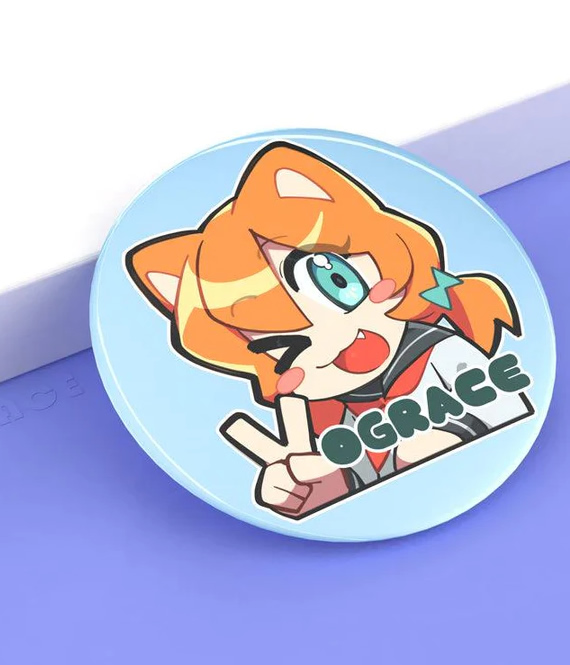
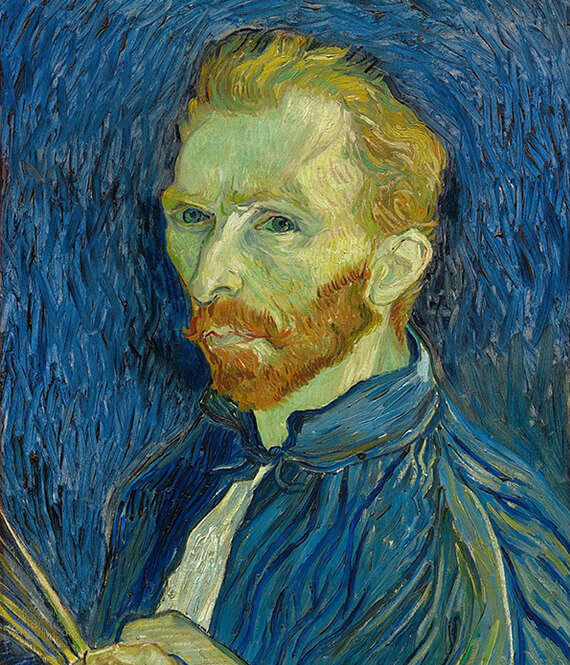
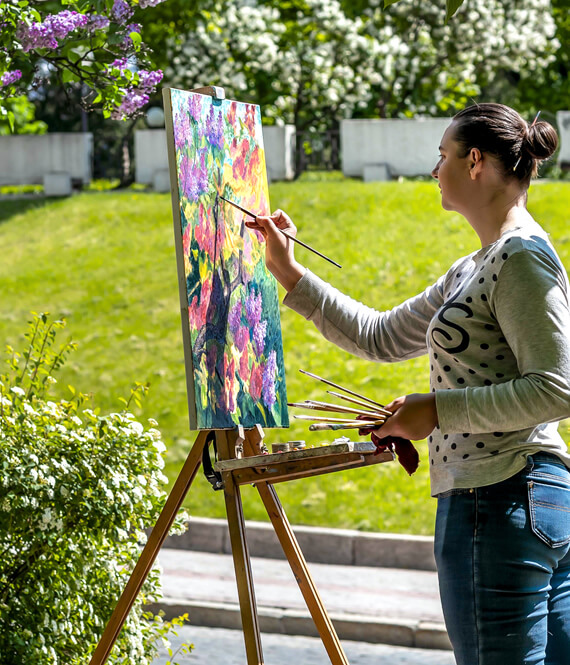

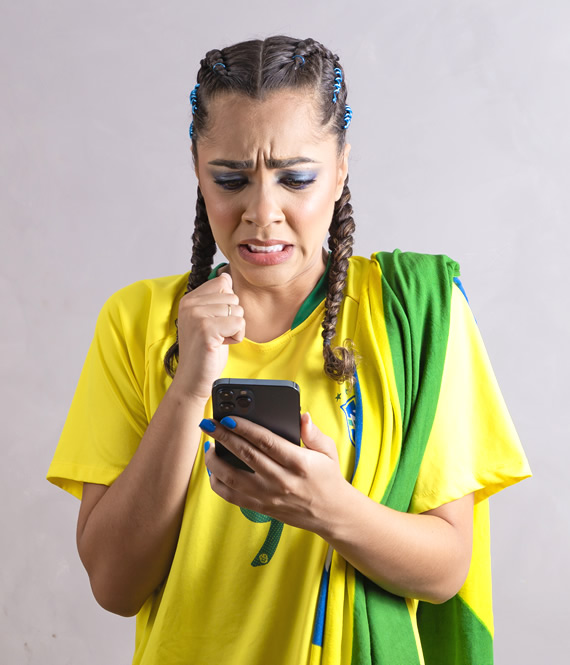

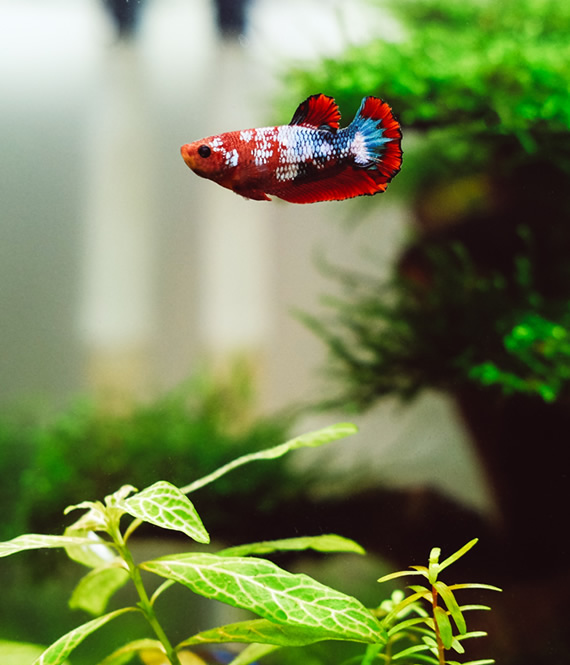



Leave a Comment